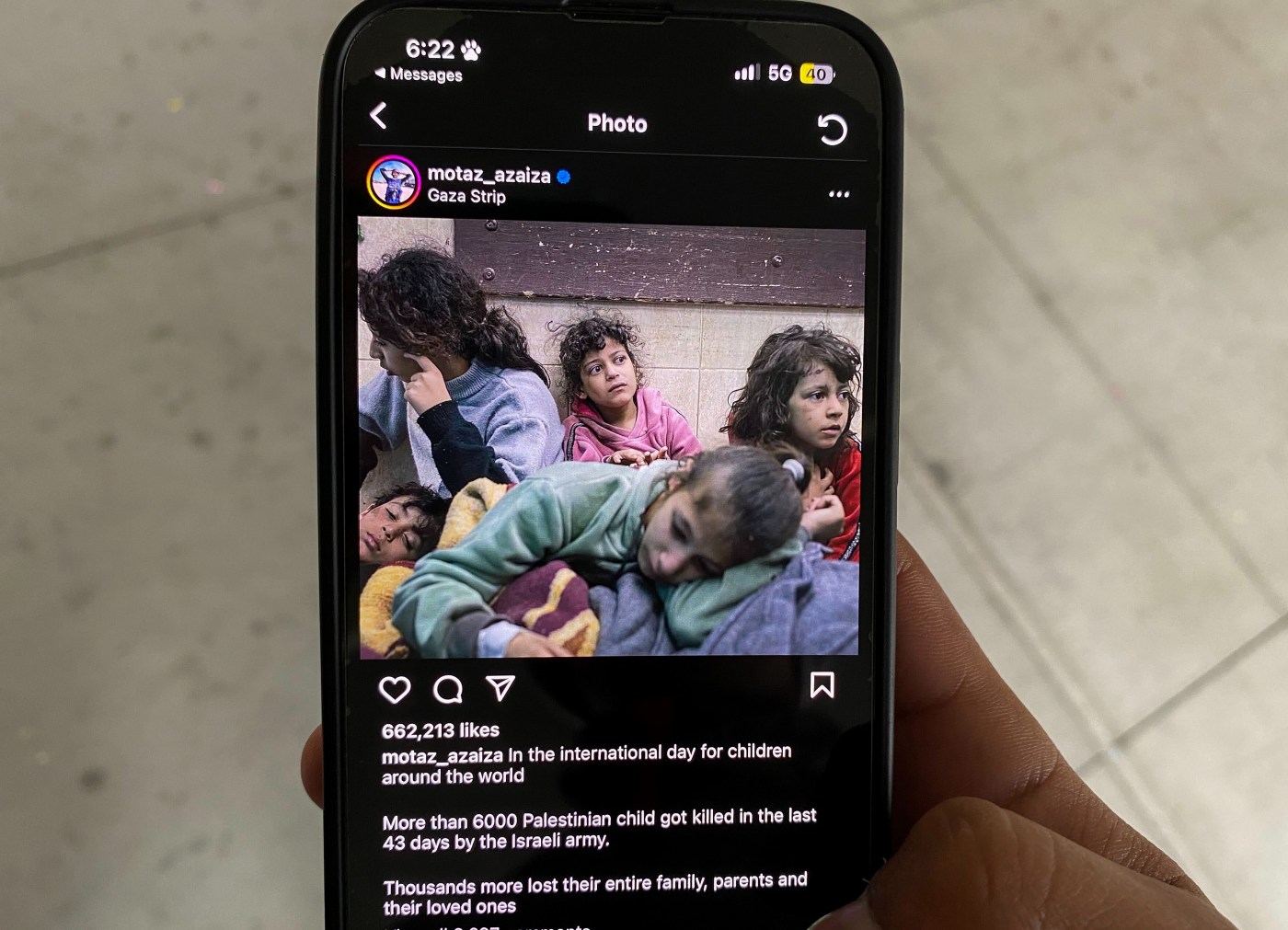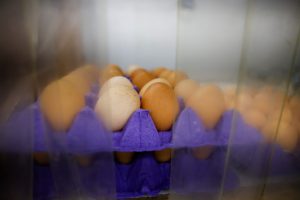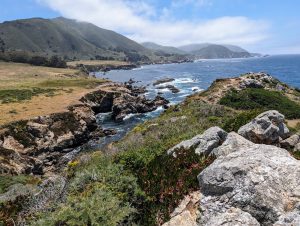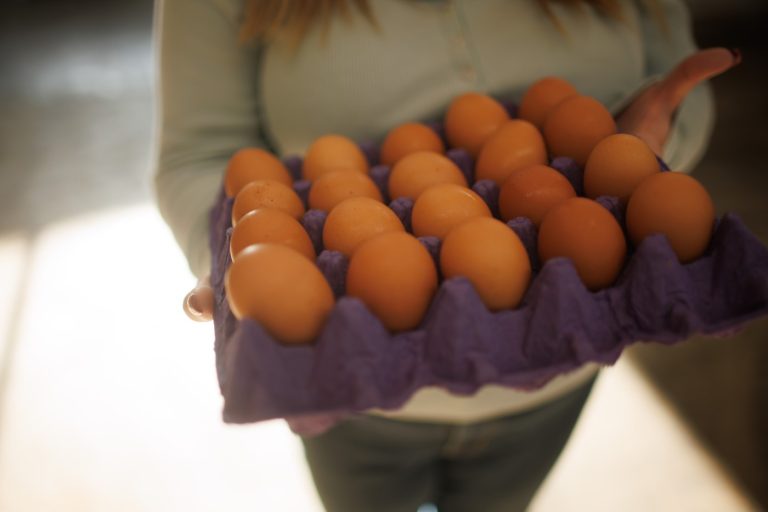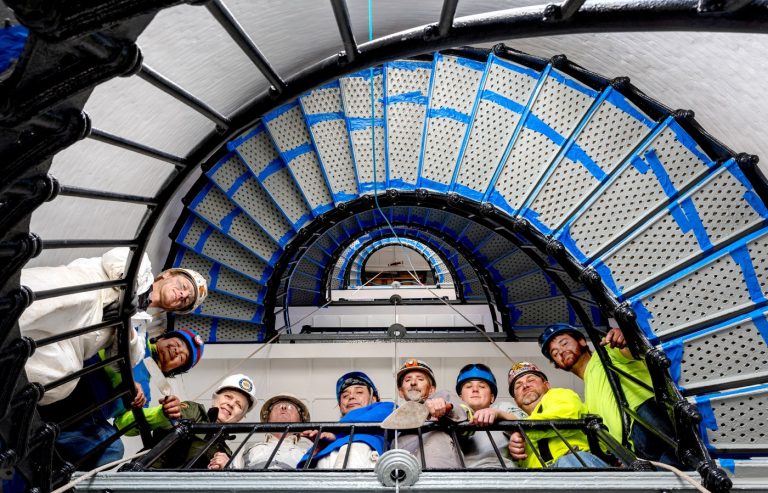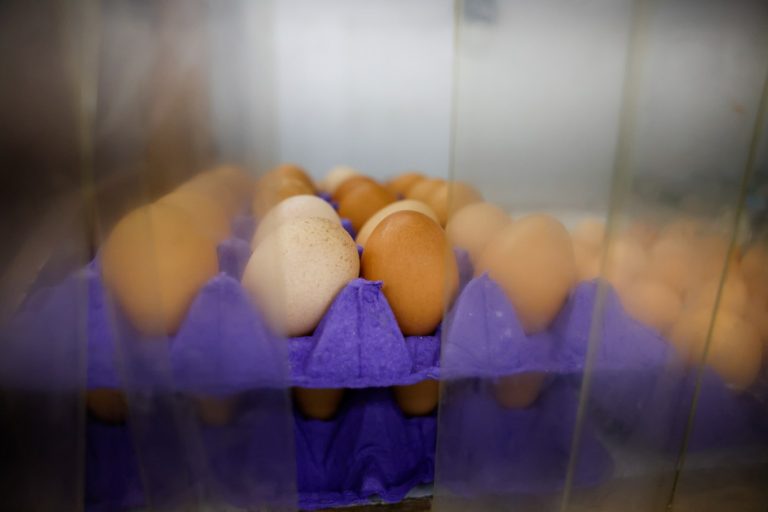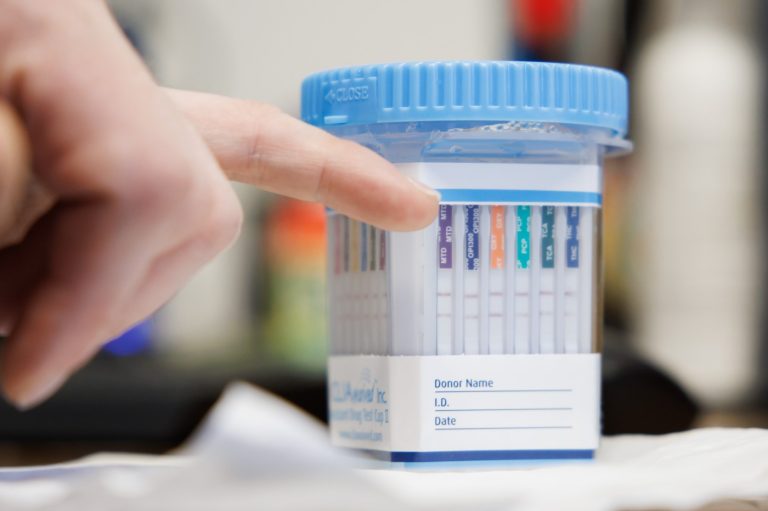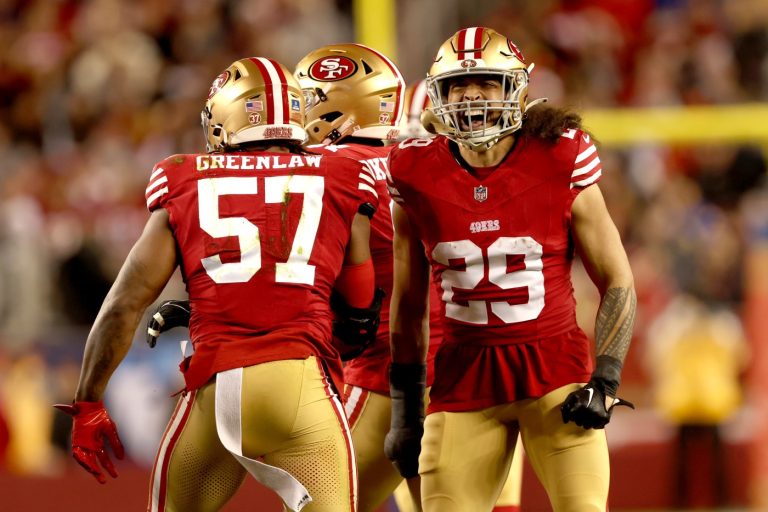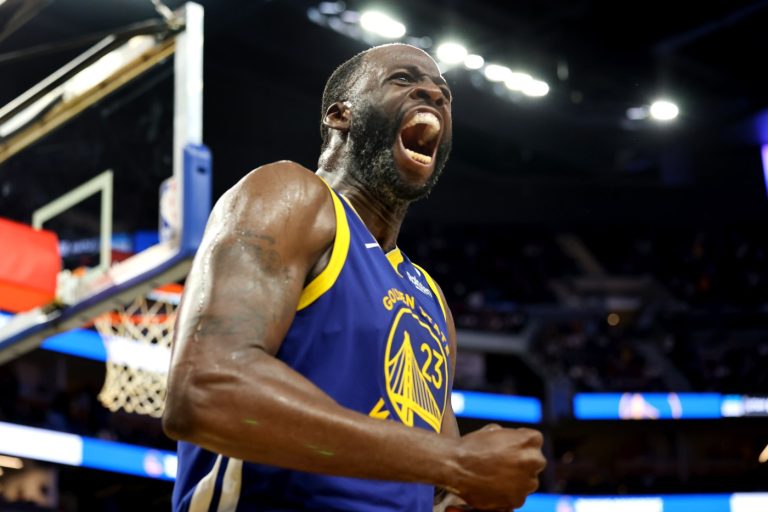Editor’s Note: This article was written for Mosaic, an independent journalism training program for high school students who report and photograph stories under the guidance of professional journalists.
While protests around the Israel-Palestine conflict on college campuses have been capturing the news, high school students are also taking sides and taking action.
As months go by, many high school students have seen on their social media news feeds the suffering of the Palestinian people and say they feel empathy for them.
As their social feeds flood with heart-rending videos, many teens say they have joined protests and boycotts, describing their need to show solidarity with residents who have suffered since Oct. 7, when a brutal Hamas attack against Israel killed more than 1,000, and prompted Israeli military action and heightened blockades against Palestine. More than 34,000 Palestinians have been killed, according to United Nations estimates.
“I feel like it is becoming more and more difficult for me to see these things and watch these stories because I feel so powerless,” said Hana Aman, a sophomore at Kathleen MacDonald High School in San Jose.
“It makes me feel frustrated and angry at our political leaders that they don’t use their position responsibly. It makes me want to educate people more and have more discussions about what we can do as individuals,” said Katelyn Trieu, a junior at James Logan High School in the East Bay’s Union City.
“It’s so easy to ignore the thousands of people dying, you can just close your phone and ignore it, but that brings you to the question of: is that fair? Do you want to look back at this moment and know that you did nothing? Or that you did as much as you could to stop the killing of innocent lives?” said Hulissa Aguilar, a senior at Arroyo High School in San Lorenzo.
Since Oct. 7, the United Nations reports, tens of thousands have been wounded, and more than 2 million have been displaced from their homes. Aid workers from the nonprofit World Central Kitchen were killed during an Israeli bomb strike in April, adding to the more than 200 aid workers who have been killed in Gaza to date. The entire population of Gaza now faces famine.
In February, a Pew Research poll found that many young people were breaking with older Americans when it came to supporting Israel or supporting Palestine.
Among people ages 65 and older, 47% said their sympathies lie entirely or mostly with the Israeli people, while just 9% sympathize entirely or mostly with the Palestinians, the poll found.
Meanwhile, a third of adults under 30 say their sympathies lie either entirely or mostly with the Palestinian people, while 14% say their sympathies lie entirely or mostly with the Israeli people.
Ellen Middaugh, an associate professor of child and adolescent development at San Jose State University, said there has been a disconnect between how youths are seeing this conflict and how elected officials are handling the conflict.
“I’ve seen that youths are getting access to on-the-ground accounts from young journalists in Gaza, so it focuses their attention specifically on the human impact that the conflict is having on residents of Gaza,” Middaugh said.
“More traditional news accounts and politicians tend to cover the conflict through more of a historical and geopolitical lens in trying to understand the roots of the conflict and possible consequences of actions,” Middaugh said, adding that social media accounts tend to focus on the direct harm to people being witnessed by the people who are living it.
For Bay Area teens who feel empathy for Palestinian civilians, boycotting certain brands that have a perceived tie to Israel is one way to protest the conflict.
“The students are asking their schools to divest from companies that may have an affiliation with Israel,” said Aguilar, the Arroyo High senior. She is disappointed that universities would shut down their students’ activism, in some cases leading to violent arrests. “It’s unjust and unconstitutional for schools to limit their [students’] protests, especially the ones that are peaceful like the encampments.”
Aman, from MacDonald High School, joined corporate boycotts this winter. “In this country, money is one of the only things we have agency with, our vote is our money, so we want to send it to companies that we support,” she said.
Lucious Depew, a sophomore at Kathleen MacDonald High School, said, “I think our advocacy is very limited if we don’t actually put in the effort to sacrifice things that are privileged to us.”
“I chose to look for local small businesses who deserve the support,” said Trieu, from James Logan High, who also supported boycotts and convinced family members and friends to join her in the boycotts.
“Being neutral right now isn’t helping,”said Aguilar, who also has been supporting boycotts.
Yunery Ramon Reyes is a sophomore at Cristo Rey San Jose Jesuit High School. Rashel Naranjo Arellano is a sophomore at Eastside College Preparatory School in East Palo Alto.
